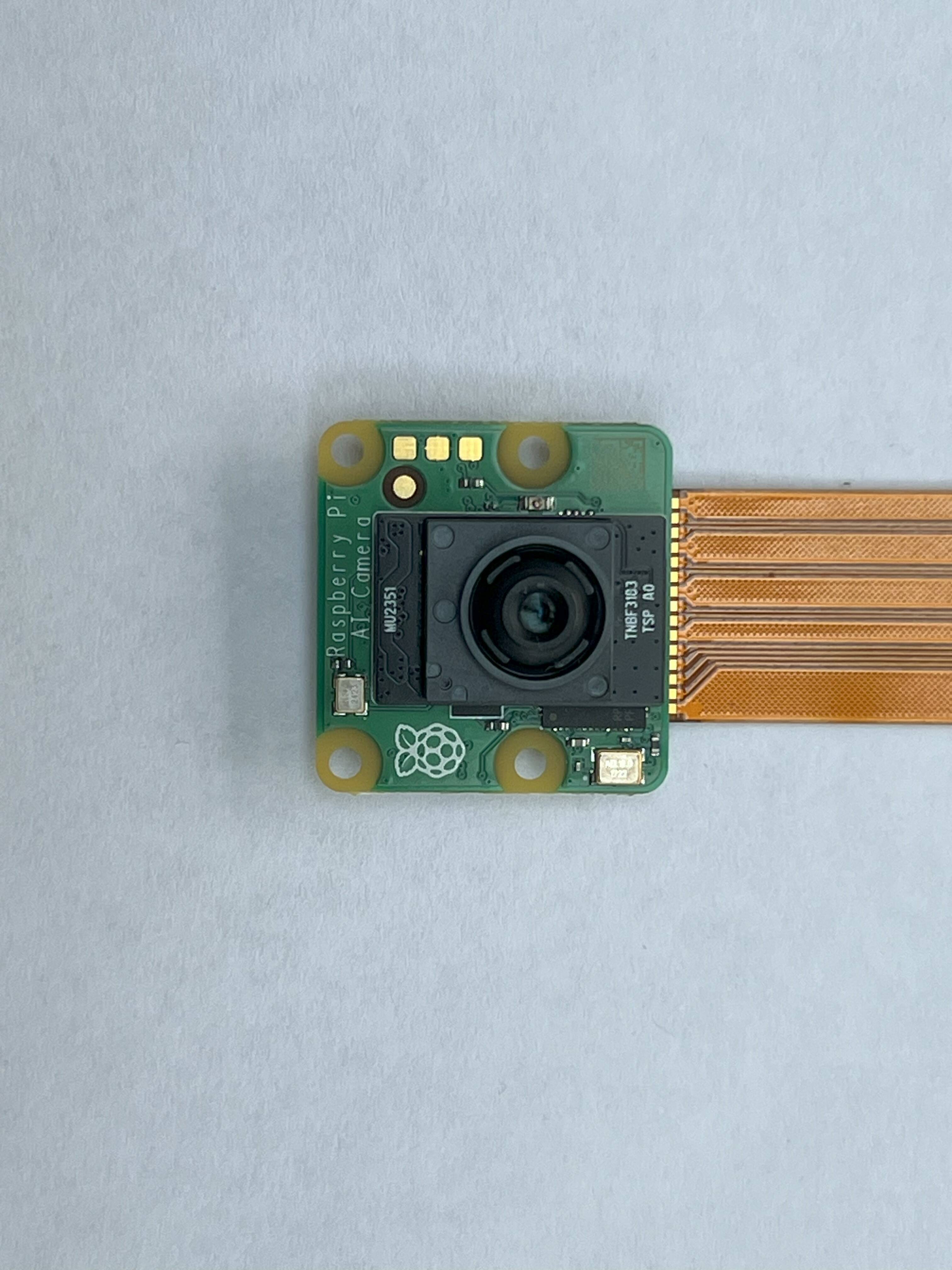HANDS ON Raspberry Pi has launched a camera module with AI smarts on board. But all that inferencing goodness comes at a price.
Looking for all the world like a normal camera module – if ever so slightly thicker – the Raspberry Pi AI Camera is based on Sony’s IMX500 Intelligent Vision Sensor, which combines a 12.3-megapixel CMOS image sensor with on-board inferencing.
The AI camera will add tensor metadata to still images or video, rather than requiring a separate accelerator for processing or loading up the CPU with tasks to deal with vision-based AI workloads. While recent Pi units have had relatively powerful processors compared to their predecessors, they are still comparatively weedy compared to pricier silicon – so some dedicated AI vision processing is most welcome.
We were sent a sample unit for review and found that, assuming a user is familiar with the existing camera libraries, getting up and running was simple. Some demonstration bits of Python code from GitHub showed off the unit’s capabilities; we ran up samples that classified the contents of images and drew boxes around what it reckoned it had found. According to monitoring software, the CPU cores were barely ticking over while the AI Camera took care of the heavy lifting.
That would change, should further processing or refinement be required on the Pi.
Hardware-wise, the unit has two sensor modes: 10 fps is possible at a resolution of 4,056 x 3,040; and 30 fps can be achieved at 2,028 x 1,520. The device is not infrared-sensitive, and the focus is manual. This is a real shame, given the Camera Module 3 has autofocus as well as a higher frame rate and wider field of view – but lacks AI capabilities.
There is 8MB on board for firmware and weighting files and an RP2040 for neural network firmware management. We noted a short delay as the neural firmware was loaded onto the module – though on our Pi 5, that was measured in seconds rather than minutes.
The camera is compatible with all Raspberry Pi devices. A spokesperson told us that the shipping item would also be supplied with 200mm cables for both types of connectors on the hardware: the “mini” used on the Pi 5 and Zero, and the wider “standard” cable for everything else.
The price is understandably up a bit from the cost of the non-AI-enabled camera modules – it’s expected to retail for $70 plus local taxes. To put that in context, the Camera Module 3 starts at $25, or you can pick up the HQ camera module for just over $50. All of which means that customers need to consider their use case. If you just want to snap images, then the AI camera is not for you – particularly considering the nifty autofocus of the Camera Module 3.
However, if you’re working on a project that requires image classification, then the AI Camera is worthy of consideration – particularly given how easy it is to use. It could also be an opportunity to perform inferencing on hardware that might otherwise not be up to it – Pi supremo Eben Upton told us that the unit tended to be paired with the Pi Zero 2 W at trade shows.
Upton added that the Pi 5-only AI kit – which can be had for slightly more than $70 – had seen strong demand since its June launch. He was optimistic that the AI Camera, which works with all Raspberry Pi devices, would be more popular still. ®

